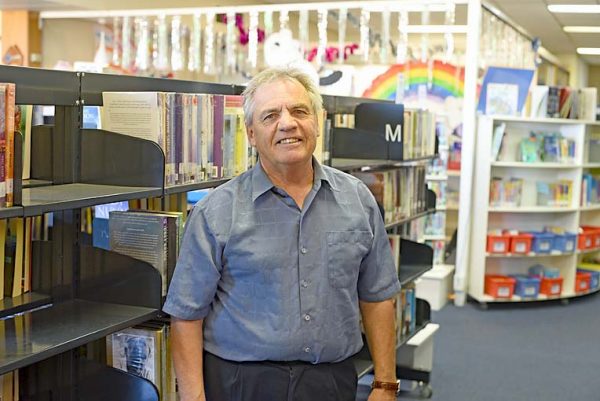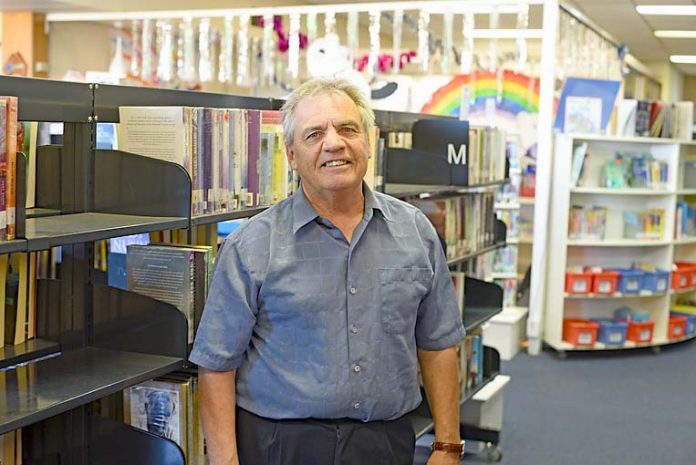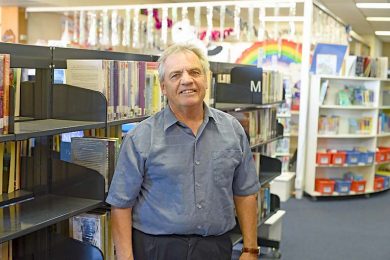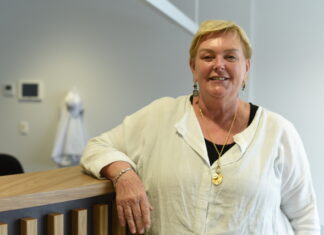
PENOLA High School would benefit from additional funding to support students with complex needs, announced as part of the final enterprise bargaining agreement struck between the public education sector and the State Government.
The school’s Australian Education Union representative Kevin Knott said the government’s $15m complexity allowance – which will help schools engage additional teachers and staff to support students with complex needs – would result in schools receiving significantly less than the $29,469 figure cited by State Treasurer Rob Lucas last week.
“The money that has been allocated sounds like a lot, but when its spread between all of the schools plus preschools it works out to be less that $9k over three years,” Mr Knott claimed.
“The high school will be applying for the extra funding as we are more than happy to do that.”
A majority of South Australia’s 25,000 strong teaching workforce voted in favour of the latest enterprise bargaining agreement.
In addition to the complexity allowance, the union supported a salary increase of 2.35pc per year for teachers and 3.35pc for principals and preschool directors.
Other initiatives include enhanced country incentives, reduced face-to-face teaching time for principals – and teachers in standalone preschools – and new positions for highly accomplished and lead teachers.
In exchange, there will be greater flexibility in human resource management and some more sensible rules about the system of allowances for teachers in country schools.
Although Mr Knott supported the additional funding and improved conditions, he said more needed to be done to retain skilled and experienced teachers in country areas and boost regional learning outcomes.
“We are great in the country, we work very hard and put in a lot of effort to give the kids the best possible outcome we can give them,” he said.
“Yet our students remain disadvantaged in the way they do not have the same access to courses they would in the metropolitan areas.
“Often the additional help they may require is not available in all country areas.”
Mr Knott said teaching in regional areas was a different ballgame compared to metropolitan education, with teachers taking on multiple year levels and teaching combined classes.
“The other thing that happens in small country schools is we are expected to teach quite a lot outside of our area of expertise,” he said.
“As professionals we work very hard to make sure that what we deliver is the best we can possibly do which usually means extra work for us.”
While the announcement effectively ended the contract issues which started in May 2018, Mr Knott said it was important to continue lobbying to improve regional teaching outcomes.
“As a personal thought, I think it puts us a long way behind the rest of the state,” he said.
“The decision now sets the bar for a continuing issue, which the union has already embarked on and outlines where it is going in the future.
“The Australian Education Union is already starting a new campaign for the next round of contracts so we can ensure that schools, students and teachers get the best possible outcomes they can.”
The agreement – which covers the 2018/19 to 2022/23 period – will now be presented to the SA Employment Tribunal to be formalised.










